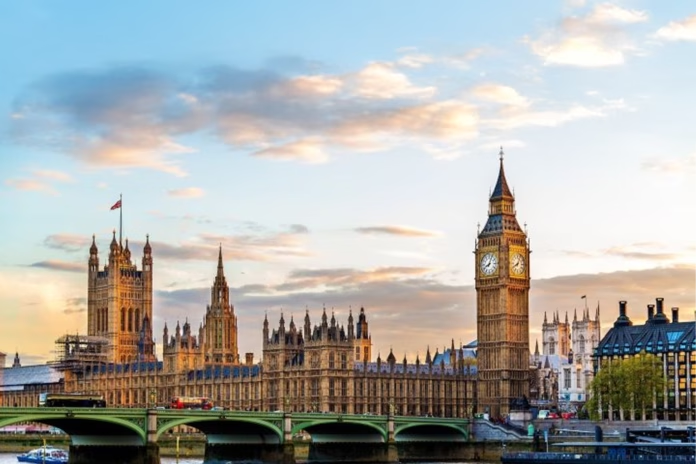The Local Government Association (LGA) has asked the government for assurances that they will not lose out from new business rates valuation practice.
In the 2017 Budget, chancellor Philip Hammond promised to compensate businesses for a so-called “staircase tax” resulting from a 2015 Supreme Court ruling.
This found that companies occupying more than one adjoining floor but which used a communal staircase between floors should be taxed as if they occupied separate properties, barring them from accessing rates relief payments which they could only qualify for if they owned one property.
However, the LGA has expressed disappointment that there was no mention of reversing the tax in the Rating (Property in Common Occupation) and Council Tax (Empty Dwellings) Bill 2017-19, currently making its way through parliament. An LGA briefing said: “The Government has indicated that the financial implications for local government are beyond the scope of the Bill.
They now view the additional revenue flowing from the Supreme Court decision as an unexpected windfall, with no associated liability for compensation for councils.
“It is disappointing that the government has reversed their Autumn Budget decision on the financial implications of this measure, and has indicated that no compensation will be payable to local government.
“We support the housing, communities and local government committee’s recommendation that the government needs to reassure councils that they are not going to be worse off financially because of this legislation, and that the government should bear the associated costs as a result of the reforms.”
Most read in
- IFRS 9 override extended to 2029 for existing investments(38 views)
- After EFS: Worcestershire s151 Phil Rook on the uncertain road to financial resilience(26 views)
- Richard Harbord: section 114 was never meant for today’s crisis(25 views)
- New: LGPS regional investment special report(23 views)
- Westminster borrows £235m over 42 years to acquire temporary accommodation – an ‘innovative’ solution or should government do more?(22 views)
- ‘Golden opportunity to turn ship around’ must not be squandered in Spending Review, say London boroughs(20 views)
- The rise of the senior LGPS officer: how will the new role impact funds?(19 views)
- Room151 LGPS podcast: investing in venture capital climate solutions(18 views)
- The government’s push to merge pools lacks transparency(18 views)
- Conrad Hall: what next for local authority funding?(17 views)
More from
Conrad Hall: a central/local tension is the cause of the financial crisis – not funding
The local government financial crisis has not been caused by a lack of funding: that’s just a symptom of the inherent conflict of having independent local authorities within a highly centralised state, argues Conrad Hall.











